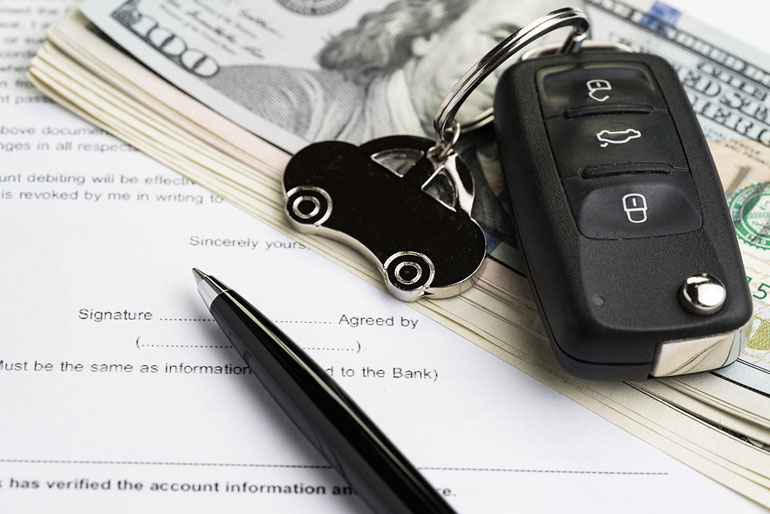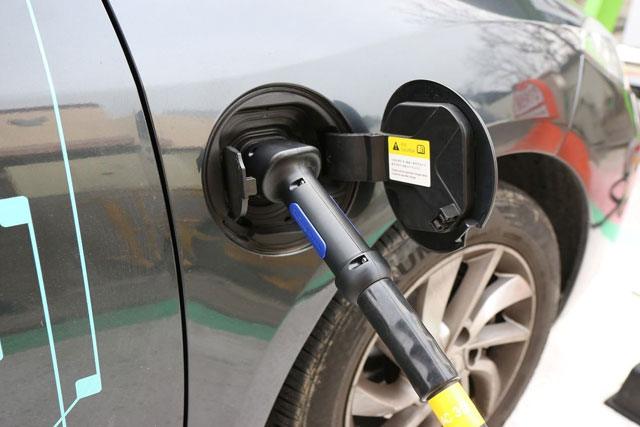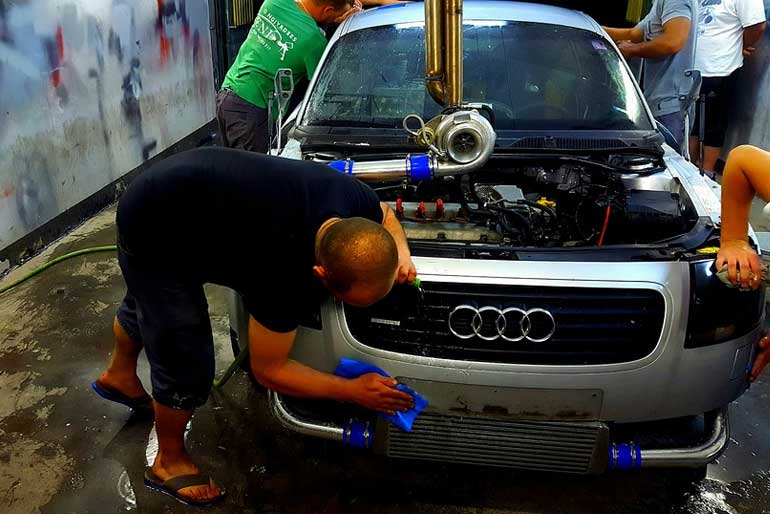Cars are products of a myriad of complex processes and parts, each designed to serve a specific purpose. When each of these parts is in perfect condition, your car runs flawlessly. When some parts have issues, it doesn’t.
So, how do you ensure your prized asset serves you well? What should you do to enhance the performance of your car? Read on for six essential things every new car owner should know about their car.
Your vehicle may have unique oil requirements
Oil is what keeps any machine running smoothly. Your vehicle can’t perform well without the right oil type and amount. To check the condition and level of your oil, pull out the dipstick and take a look. The wetness should guide you on the oil level while the color should indicate its condition. Healthy oil should be brown/gold in color.
Don’t wait for signs of failure to check your brakes
Most drivers rely on their ears to diagnose problems with their cars’ brakes. Sorry to burst your bubble, but those screeching sounds are not the only sign of wear and tear on your brake pads. Brakes deteriorate rapidly, and having them checked regularly is the best way to curb permanent damage and ensure your car is safe for use.
Put your glove box to better use
Very few drivers know what to do with the glove box in their cars. Most use it to keep receipts and other unimportant items such as straw wrappers.
Your glove box should house proof of insurance, registration paperwork, the owner’s manual, and other vehicle-related documents. You can also create room for a flashlight in case of a nighttime emergency, a phone charger, and a first aid kit.
Most car glove boxes are divided into sections, usually two. You can dedicate one part to the paperwork and the other to emergency items. Avoid keeping drinks and anything that may damage your documents in the box.
Car batteries die faster than you think
There is no specific formula for keeping your battery healthy and functional. You cannot prevent it from dying, either. However, there are things you can do to push back this inevitable fate.
Firstly, ensure your battery is clean and free of grease, oxidation, dirt, and clamps to eliminate charge weakening. The battery should also be secure and held firmly; a loosely-held battery can vibrate and spill acid all over your engine. Check your battery water regularly, install an insulation blanket, and buy a battery charger to avert charge-related damage. To revive your car’s dead battery, seek the services of a trained mechanic.
You cannot overlook tire pressure
Many car accidents in the US can be attributed to tire pressure issues. Improper tire inflation can lead to mid-journey blowouts, leaving you stranded and inconvenienced. What’s more, incorrect inflation levels can take a toll on your car’s fuel efficiency. Follow the tire manufacturer’s tire pressure recommendation and invest in a tire pressure gauge to monitor pressure and prevent flat tires.
You must pay attention to the transmission fluid
Transmission failure in the middle of a journey is something you don’t want to experience. Thankfully, you can minimize its risk by feeding your car with the right amount of transmission fluid and ensuring it is changed regularly. On most vehicles, checking transmission fluid levels requires withdrawing and checking the dipstick with the engine running.
Conclusion
Giving your car proper maintenance increases not only the vehicle’s lifespan but also the users’ safety. Vehicles are an expensive investment whose condition you cannot afford to ignore. Follow the above tips to optimize the utility of your car and keep its value high.







